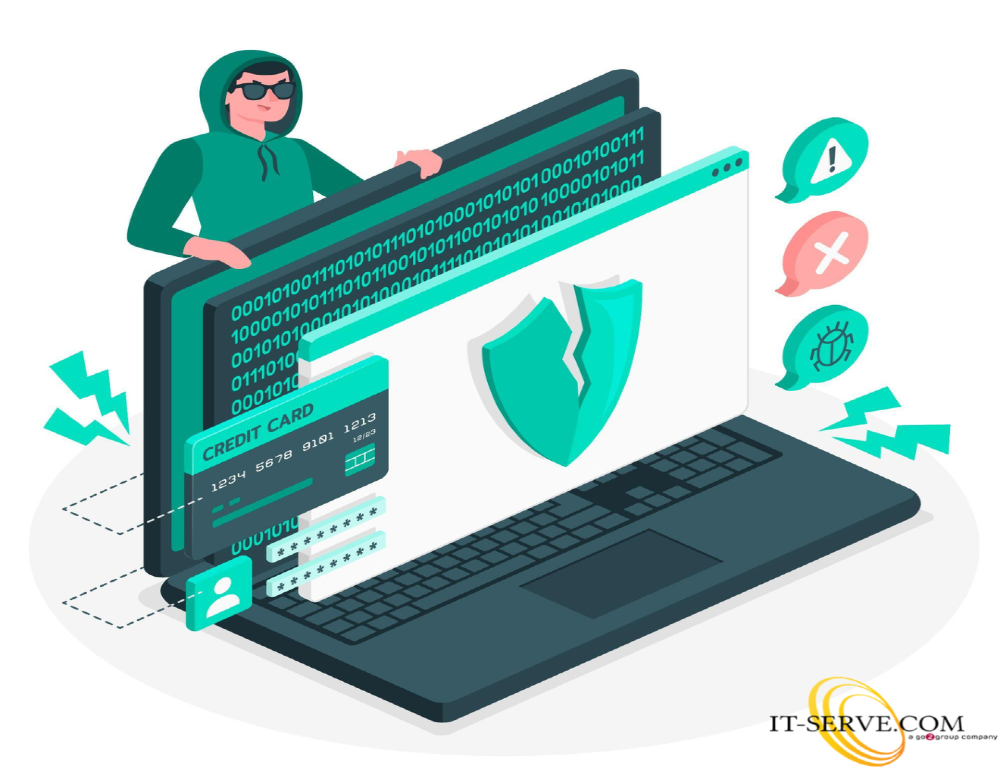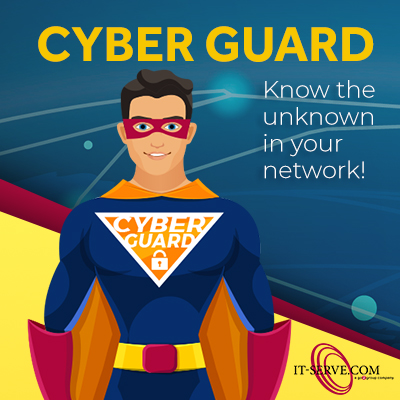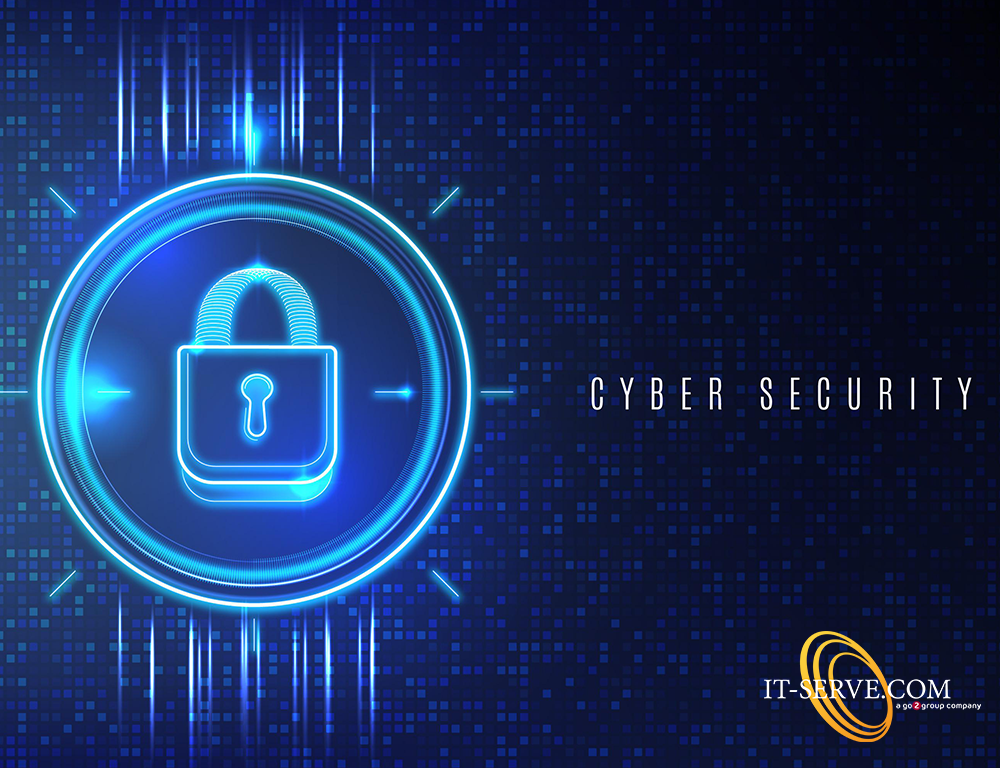
As data-breaches and cyber-attacks become an unfortunate norm in the corporate world, it's no wonder that businesses are scrambling to beef up their cybersecurity defenses. But what does it really take to be safe from cyber threats? What precautionary measures can we take to be one step ahead of cyber criminals? Here are three lessons we've learned from real-life cybersecurity incidents:
Trusted Partners
Cybersecurity is a critical issue for businesses of all sizes. Unfortunately, even the biggest and most well-resourced companies can fall victim to data breaches and other cyber-attacks. The Volkswagen Group of America, Inc. recently experienced such a breach when an outside vendor left customer data unsecured on the Internet. The company was notified of the issue in March, and it is believed that the security breach compromised the data of clients stored between the years 2014 - 2019. While the Volkswagen Group is a large company with significant resources, this incident highlights some important lessons about cybersecurity that all businesses should take to heart. Ensure that any external parties you deal with also have updated cybersecurity practices as breaches that may occur with them would also trickle down and adversely affect your business.
Password Mismanagement
It's no secret that password reuse is a major cybersecurity issue. In fact, it's one of the oldest and most well-known problems in the industry. And yet, despite this knowledge, people continue to use the same passwords for multiple accounts. One high-profile example of this occurred several years ago when DropBox revealed that 100 million user accounts along with their personal information had been stolen. The cause of the breach was an employee's password being compromised. It turned out that the employee had reused a password from their own personal LinkedIn account and due to the LinkedIn account being a part of a security breach the hackers in turn gained access to their Dropbox corporate account. This incident serves as a reminder of the importance of using unique passwords for all of your accounts. It's also a good prompt for businesses to consider using a password manager to keep track of passwords. And finally, it highlights the need for companies to have robust security measures like monthly password changes to be implemented.

Malicious QR Codes
When businesses switched to QR codes due to the increase in touchless transactions in 2020, fraudsters quickly capitalized on that trend. This shift highlights the importance of unified endpoint management (UEM) for mobile devices where all devices can be monitored and used under a single interface. Fraudsters used a combination of social engineering and easily created QR codes to access and drain victims’ bank accounts, install malware on devices, and penetrate entire corporate networks. Malicious QR codes can be used to open webpages, make a payment, or send messages without the user’s authorization. That being said, a multitude of businesses and people alike fell for these unfortunate scams so implementing UEM and two factor authentication has become a must for people and businesses alike.
These real-life examples underscore the importance of cybersecurity and show how businesses need to be proactive in order to protect themselves and their customers. By implementing UEM, better password management and working with equally cyber safe partners, businesses can take a major step in the right direction to protect their IT infrastructure from hackers and other threats alike.



















